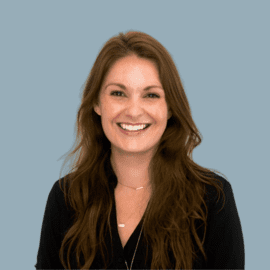
I am a licensed professional counselor with advanced certifications in ADHD (Certified Clinical Services Provider) and autism (Autism Spectrum Disorder Clinical Specialist). I specialize in working with neurodivergent children, teens, adults, and their families in a supportive, affirming space where difference is not just accepted but understood and celebrated.
In addition to my neurodiversity-affirming work, I also specialize in treating anxiety disorders—whether they show up on their own or alongside other mental health concerns like ADHD, autism, trauma, or mood disorders. Anxiety can take many forms, and I work closely with clients to build coping strategies, increase self-awareness, and reduce distress in ways that are tailored to each person’s nervous system and life experience.
I also have a deep passion for helping individuals and families navigate relationships—from communication and boundaries to emotional safety and connection. Whether you’re exploring relational patterns, repairing trust, or learning how to show up more fully with others, our work will be rooted in empathy, honesty, and growth.
My therapeutic approach is collaborative, strengths-based, and individualized. I integrate a variety of evidence-based modalities to meet clients where they are, including Cognitive Behavioral Therapy (CBT), Dialectical Behavior Therapy (DBT), play therapy, interpersonal therapy, behavioral therapy, family therapy, and parent-child therapy. Whether we’re focusing on emotional regulation, executive functioning, identity, or relationships, our work is guided by what feels most helpful and meaningful to you or your child.
I support children and teens in building tools for emotional expression, sensory and social navigation, and self-advocacy—all within a playful and safe environment that supports their natural way of being.
For adults, I often work with individuals who are newly diagnosed or self-identified and looking to explore what it means to live authentically without masking. Together, we unpack life experiences, reduce overwhelm, and build systems that honor your needs and strengths.
Many of my clients come to therapy feeling overwhelmed, anxious, misunderstood, or burned out—sometimes after trying to “push through” or mask their needs for years. Others may not even know exactly what they’re looking for, but just know that something isn’t working. If that’s you or your child, you’re in the right place.
Licensed Professional Counselor, ADHD Certified Clinical Services Provider, Autism Spectrum Clinical Specialist
CHADD